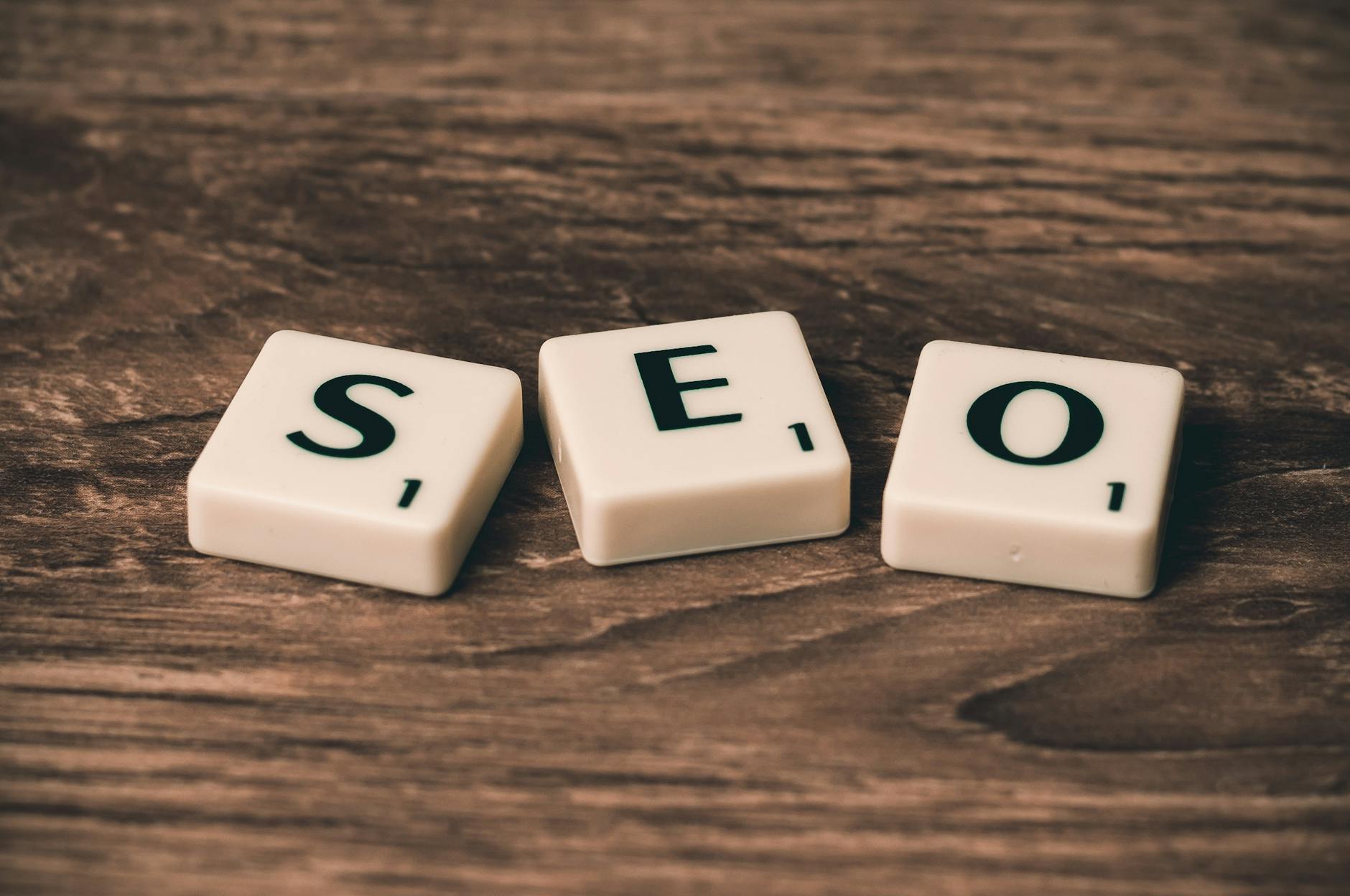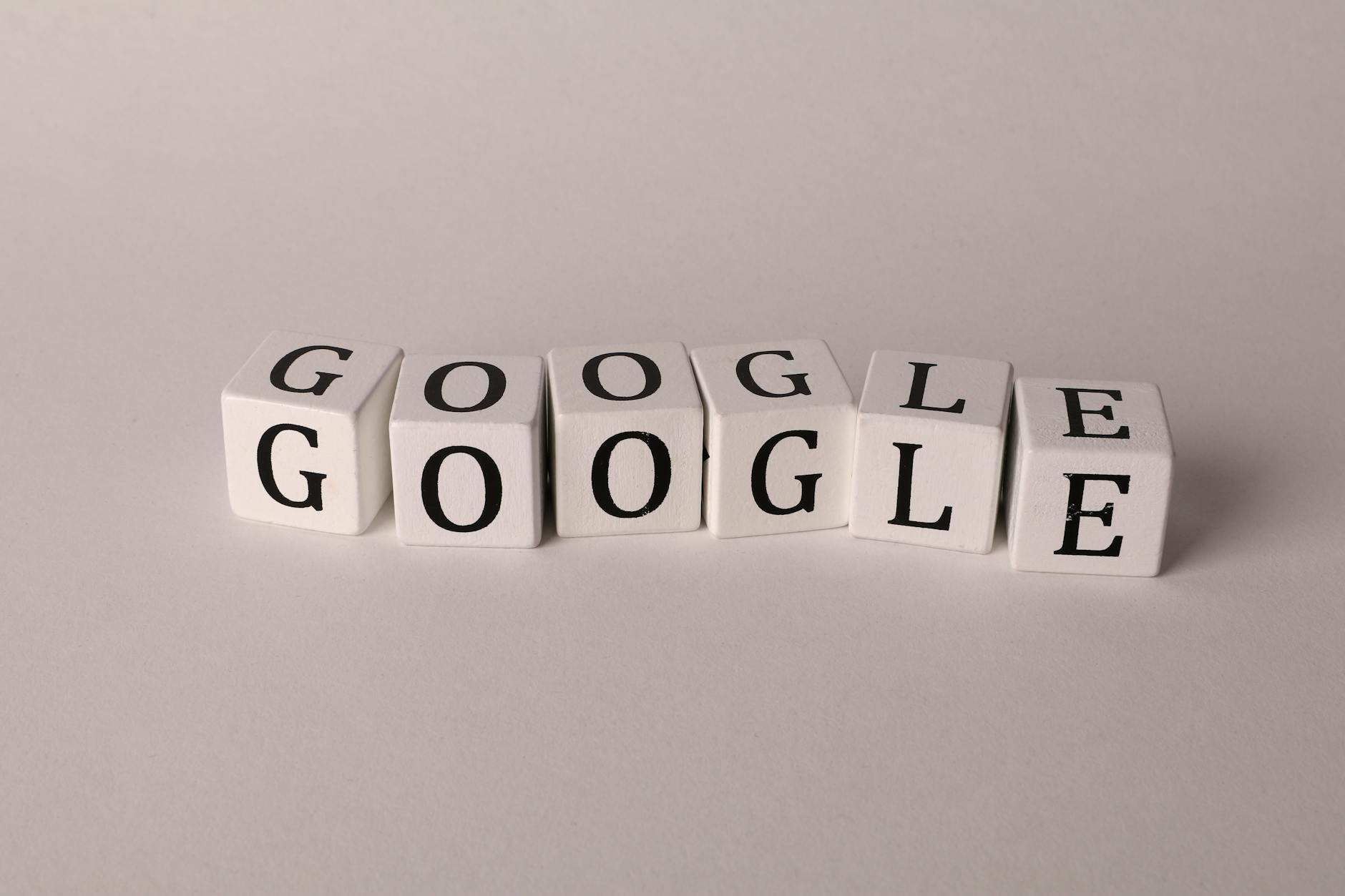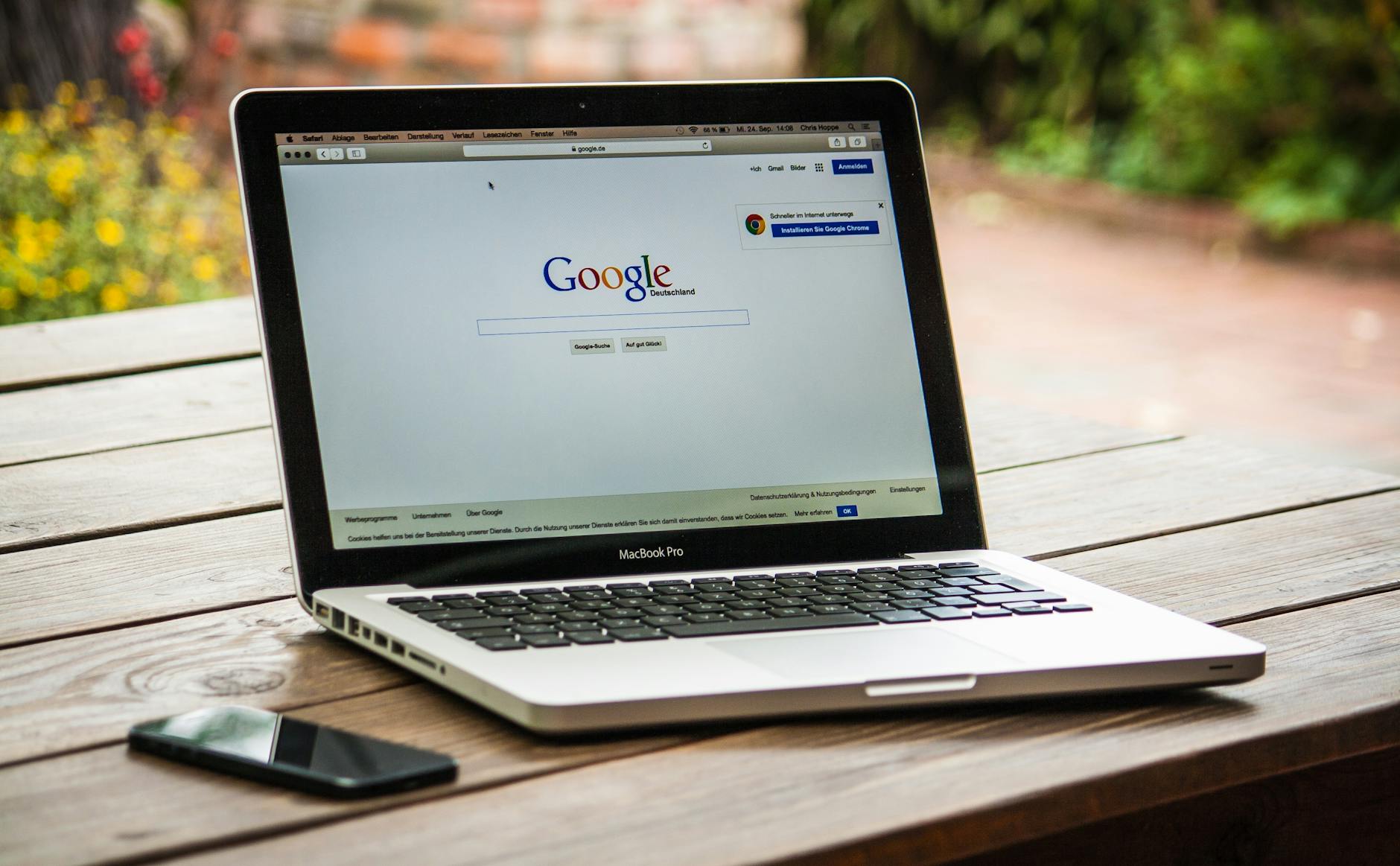Google Accuses Bing of Copying Its Homepage: What It Means for Search Engine Rivalry
Google and Microsoft are clashing again, and this time it’s about design. Google has publicly called out Microsoft, accusing Bing of copying Google’s minimalistic homepage style. The criticism highlights the growing tensions between the two search giants as they vie for user loyalty. But is this move by Bing a clever tactic or an overstep? This debate hints at the deeper competition shaping the search industry today.
Overview of the Situation
Google recently criticised Bing for adapting its homepage layout to resemble Google’s iconic interface. This development has sparked debates across the tech world, raising questions about originality, user trust, and ethical boundaries in search engine competition. Let’s break down what’s happening.
Bing’s New Search Strategy
Microsoft’s Bing has reportedly redesigned its search results page to mimic Google’s homepage. This change includes striking similarities, such as a clean layout, familiar search bar design, and even Google-like features, including customised “doodles.” These updates appear prominently when users search for “Google” directly on Bing.
The intention behind this imitation seems clear. By providing a look and feel similar to Google, Bing hopes to influence user behaviour and potentially confuse them into staying within its ecosystem. According to Android Authority, this move is more than just a homage to its competitor; it feels like a deliberate tactic aimed at blurring the distinction between the two platforms.
This bold strategy has drawn mixed reactions within the industry. For some, it’s a stroke of genius that challenges Google’s dominance. For others, it’s a move that crosses the line, undermining trust and transparency in search technology.
User Reactions
The change to Bing’s layout has not gone unnoticed by users. Many have taken to social media platforms to express their confusion and frustration. Comments range from mild amusement to accusations of deceptive practices. Some users have even shared screenshots, illustrating how Bing’s search results resemble Google’s trademark clean aesthetic.
On forums like Reddit, discussions highlight scepticism about Bing’s intentions. “I thought I was on Google, but it turns out I wasn’t,” said one user. This sentiment reflects a broader concern: the potential for brand mimicry to mislead users, whether intentionally or not.
Tech communities and critics have also weighed in. Creative Bloq branded Bing’s imitation of Google as “misleading,” calling it a controversial approach to gaining market share. While some found humour in the situation, others lamented the lack of originality from a tech giant like Microsoft.
Photo by Pixabay
The broader implications of this rivalry remain to be seen, but one thing is evident: user trust and perception will play a critical role in shaping the outcome.
Google’s Response
Google hasn’t held back in addressing the accusations against Bing. The search engine powerhouse has made bold claims, sharpening the focus on integrity and originality in the search world. Here’s what we know so far.
Official Statements
Google has characterised Bing’s actions as a clear attempt to replicate its iconic homepage design. In a recent statement, Google said, “We believe innovation thrives when companies take creative strides, not shortcuts.” This direct allegation shows Google’s frustration, as it prides itself on being a pioneer in intuitive and user-friendly interface designs.
The tension isn’t new—back in 2011, Google accused Bing of copying its search results. During a similar incident, Google conducted a sting operation to prove their claim, stating the evidence pointed to “a deliberate effort to mimic.” You can read about that case in detail on Search Engine Land.
This time around, Google’s focus is squarely on user trust. The company emphasised that users deserve transparency and originality, attributes it claims Bing’s new design undermines. Some tech insiders consider this response part of a broader strategy to defend market dominance.
Photo by Pavel Danilyuk
Public Perception
Public reactions to Google’s criticism of Bing have been mixed. On platforms like Twitter and forum discussions, opinions range sharply. Some argue Google is justified—after all, its minimalist design has become synonymous with efficiency and reliability. However, others see the situation as corporate posturing in an already heated rivalry.
Let’s explore the sentiments in more detail:
- Support for Google: Fans of the brand believe Bing’s tactic is a breach of ethical standards. Many echo the sentiment that “copying diminishes originality.”
- Criticism of Google: Others accuse Google of overreacting. On one Reddit thread, users debated whether such criticism matters, especially since Microsoft’s Bing still holds a minority share of the market (Quora discussion).
- Neutral observers: Some take a more cynical stance, suggesting both companies exploit opportunities to make headlines.
Public discussions also reveal confusion among less tech-savvy users. Many feel uncertain about which search engine to trust, especially as platforms adopt similar aesthetics. This erosion of clarity could impact both brands in the long run. For further insights, PCMag offers an in-depth analysis of this tangled dynamic.
Google’s sharp response has, indeed, ignited debates, but its long-term effectiveness in swaying opinions is yet to be seen. The next move in this unfolding drama lies in Microsoft’s hands.
Implications for Both Companies
The ongoing battle between Google and Bing raises important questions for both brands. Beyond the immediate controversy, the potential long-term effects range from market share changes to shifts in public perception. Let’s explore these implications in more detail.
Market Share Impact: How Bing’s Tactics May Affect Its Position
Microsoft’s bold move could have ripple effects on search engine user dynamics. Historically, Google has dominated the search market, but Bing has been steadily trying to chip away at its massive lead. By adopting a design similar to Google’s, Bing may be attempting to appeal to users who desire familiarity but are open to alternatives.
However, this strategy carries risks. Google’s market share still dwarfs Bing’s, with figures from Impression Digital suggesting that Google commands a vast majority of global search traffic. Bing, on the other hand, caters to a smaller, albeit growing, segment. These numbers reveal a stark reality: convincing users to switch platforms isn’t easy.
That said, Bing’s imitation strategy might work in niche cases. Familiarity in design could attract users who aren’t invested in branding or already using Microsoft services. Nevertheless, gains would likely be incremental rather than transformative.
For more on how each platform’s market stance evolves, read this comparative analysis.
Brand Reputation: Potential Impact on Perception of Google and Bing
Brand trust is crucial, especially in tech. Google’s clear criticism of Bing might solidify its image as the innovator in the search market. However, it risks appearing defensive, as some users interpret its stance as “picking fights” with smaller competitors. Conversely, Bing’s mimicry has sparked debates about originality, which could harm its reputation.
For Bing, the challenge lies in managing the thin line between innovation and imitation. Critics have already labelled its approach as lacking creativity, which could alienate users who value originality. A strong brand is about being distinct—not a duplicate. You can explore opinions on this rivalry through Search Engine Journal’s breakdown.
For Google, accusations of overreactions have surfaced. Some feel the tech giant’s dominance means it should focus on innovation rather than critiquing its competitors’ moves. Yet, despite these criticisms, Google’s reputation as a leader in user experience likely provides a strong buffer against public sentiment swings.
Photo by Ann H
As the debate unfolds, it’s clear that each move from either company could influence their reputation and relationships with users. This situation might serve as a litmus test for what users prioritise: convenience, ethics, or innovation.
Future of Search Engines
Search engines have always adapted to changing user expectations and technological advancements. The ongoing rivalry between Google and Bing demonstrates how critical innovation and ethics are in shaping what lies ahead for this industry. Let’s explore two key aspects that could influence the future of search engines.
Innovation and User Experience
As search engines battle to win over users, innovation will likely take centre stage. One significant factor driving change is AI integration, which has already become a game-changer in redefining how users interact with search platforms. From predictive text to personalised recommendations, technological advancements are paving the way for smarter, more intuitive experiences.
For instance, AI’s role in predictive algorithms ensures users receive the most relevant results faster. Companies like Google are investing heavily in AI-driven solutions to maintain their edge. Google’s CEO Sundar Pichai recently discussed how AI will transform search over the next decade, making results more conversational and engaging (Search Engine Journal).
Competition also forces platforms to focus on user-centric design. Bing’s mimicry may spark innovation on Google’s part, compelling it to elevate its interface and functionalities further. At the same time, Bing might need to differentiate itself through unique features such as integrated tools or specialised verticals, shifting away from imitation strategies.
Some likely developments in the near future could include:
- Voice Search Dominance: With the rise of smart assistants, more users are opting for voice interactions. Search engines must integrate seamless voice recognition capabilities.
- Zero-Click Searches: Enhanced search result formatting may reduce the need for users to leave the page to find answers.
- Visual Search Evolution: Driven by platforms like Pinterest and Google Lens, the ability to search visually might become a major draw.
These innovations will not only enhance convenience but also drive competition in a way that keeps user benefits front and centre.
Photo by Pixabay
Ethical Considerations
Bing’s strategy to mimic Google’s homepage may seem like a bold approach—but is it right? Ethics play a crucial role in tech, especially in industries that heavily rely on trust and transparency. Copying another company’s design can erode user confidence, particularly when such actions blur the line between healthy competition and deceptive behaviour.
From an ethical standpoint, critics argue that mimicry undermines not just innovation but also originality. It’s akin to walking into a shop and finding knockoff products designed to confuse you. Users want genuine alternatives, not replicas. By emulating Google’s design, Bing runs the risk of being labelled as unoriginal, potentially damaging its reputation in the long run.
On the other hand, some defend Bing, claiming that adapting to successful trends is essential for survival in a market dominated by giants (Windows Central). However, ethical concerns in technology often extend beyond a single company’s growth. The focus lies on how users perceive such tactics and whether it benefits or harms them.
- Transparency: Users expect clear differentiation between search engines. Creative mimicry blurs this distinction.
- Accountability: Search engines have a duty to uphold originality while competing in ways that don’t risk confusing their user bases.
- Fair Competition: Exploiting user familiarity with another platform’s design can distort fair competition rules.
For search engines to stand out, they must balance competitive strategies with ethical considerations that protect user interests. This balance could ultimately define how successful they become in the future.
The rivalry between Google and Bing offers a glimpse into how the industry might evolve. Will companies prioritise innovation over mimicry? Or does the future hold more ethical debates as competition heats up? Only time will tell.
Conclusion
This clash between Google and Bing underscores the ongoing intensity of their rivalry. While Google accuses Bing of imitation, Bing positions itself as an alternative in a market long dominated by its competitor. For users, the focus shifts to transparency and trust.
The debate highlights the fine line between competition and creativity. As search engines evolve, standing out will matter more than blending in. What remains clear is that user experiences, ethical practices, and originality will shape future trajectories. Which platform earns trust and loyalty will ultimately decide who leads the search engine space.










